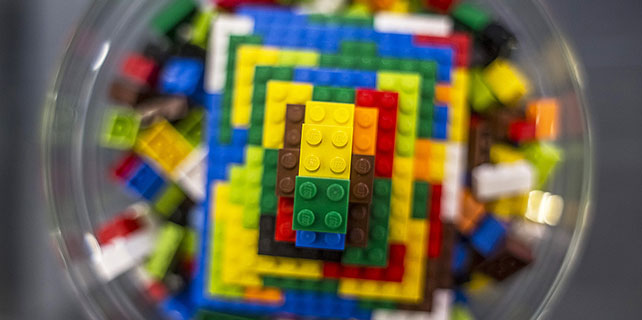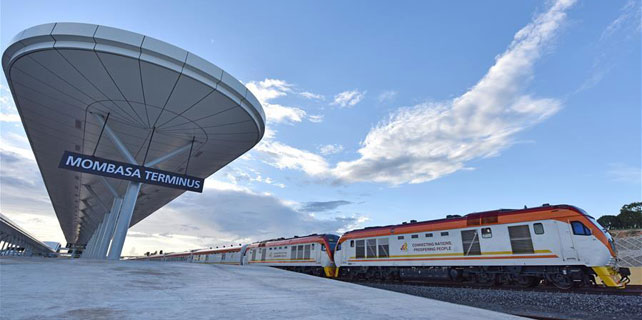Chinese experiment among payload for space unit
A US spacecraft is set to travel to the orbiting International Space Station (ISS) by Thursday with more than 40 scientific experiments, including one by the Beijing Institute of Technology on how a person's DNA code is affected by microgravity in space.
The experiment will be on the SpaceX Falcon 9, to be launched from Cape Canaveral, home of the Kennedy Space Center Launch Complex. SpaceX is an American aerospace manufacturing company founded by tech billionaire Elon Musk. It was the first private company to send a spacecraft to the ISS and is contracted with NASA.
The Chinese experiment will see how extended time in space affects an individual's immune system DNA code. The experiment will be conducted over two weeks.
NanoRacks, a Houston-based company that provides commercial hardware and services on the ISS, will provide the Beijing Institute of Technology the power and connection aboard the Falcon 9 to carry out the experiment.
NanoRacks signed an agreement with the institute in 2015 to help deliver its experiment to the American side of the station and a berth on NanoRacks' laboratory facilities in space. After the experiment is done, the payload will be returned to a Beijing Institute of Technology team in Florida.
"We have a lot to learn from them, and they have a lot to learn from us, so we think that it's an opportunity to show that on the educational side we can do this," said Mary Murphy, senior internal payloads manager of NanoRacks, who will oversee the experiment before it launches.
"The Beijing Institute of Technology is great, given how much research they've done, how much they've published, and how well-known they are throughout the world," she said. "That made this a really great first step and we hope it'll be successful and if it is, we hope we'll have more folks interested in this type of work in the future. We think it's a great opportunity."
The agreement was seen as a "symbolic" move as it was the first collaboration between China and the US on a space project after a US law that banned any scientific activity between NASA and China, called the Wolf Amendment. NanoRack's CEO, Jeff Manber, said at the time of the agreement that the deal was a "purely commercial" one and was approved by NASA. The Obama administration had informed NanoRacks at the time that the experiment was in compliance with the amendment.
The experiment does not involve any hardware or technology flows to China and NanoRacks has said that the experiment has intrinsic scientific value. The Beijing Institute of Technology regularly publishes in Western scientific journals.
amyhe@chinadailyusa.com









